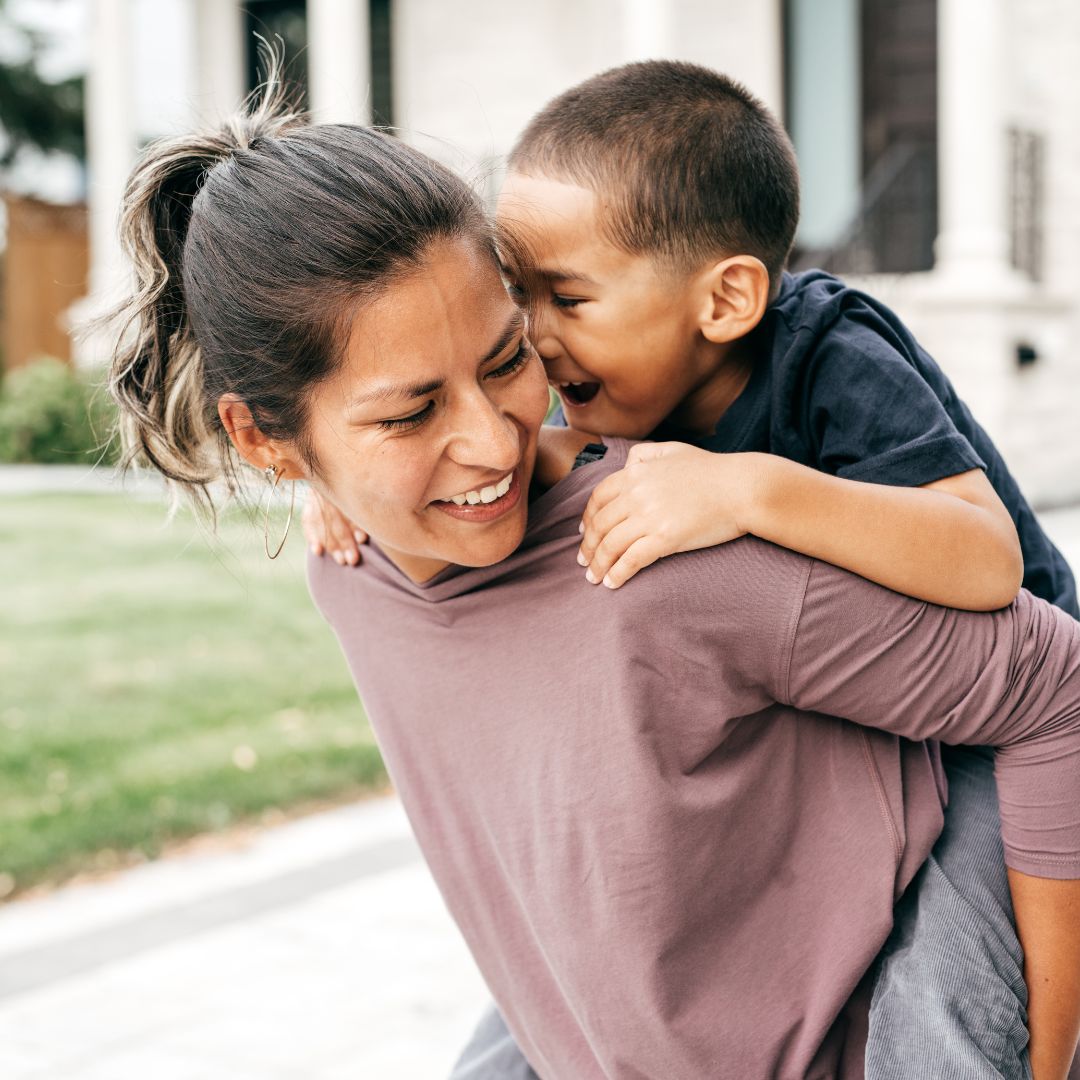
Will My Adopted Child Call Me Mom?
Adoption is a wonderful journey that brings love, growth, and sometimes challenges.
A question many adoptive parents ask is, “Will my adopted child call me mom or dad?”
The answer is usually yes.
Your adopted child often sees you as their parent and will refer to you as such.
Will My Adopted Child Call Me Mom or Dad?
The answer is clear: yes, they can and often will.
But it’s important to remember that every adoption story is unique.
Each child has their own pace for becoming comfortable with calling you mom or dad.
Adjusting to a new family and environment takes time, and using these terms might not feel natural at first.
Your child may need to overcome previous experiences that shaped their understanding of parental relationships.
Some children may have only known a foster system where caregivers frequently changed, making trust a gradual process.
Others may be holding onto memories of biological parents, which can make it emotionally complex for them to embrace new family roles.
To support them, show consistent love and patience.
Help them see that they are now part of a safe and stable environment where they can grow and heal.
The words “mom” or “dad” often follow naturally as these bonds deepen over time.
Adopted Child Won’t Call Me Mom
Sometimes, an adopted child might not call you mom or dad right away.
This doesn’t mean they don’t love or accept you.
It might mean they’re processing emotions or trying to adjust to their new situation.
Be patient and give them the time and space they need.
For children with difficult pasts, adjusting to a new parental figure can be overwhelming.
They might feel conflicted about showing affection if they’ve experienced loss or betrayal before.
Recognize that this hesitation isn’t personal – it’s a protective response to their emotions.
One way to address this is to encourage them to express their feelings openly.
Let them know it’s okay if they’re not ready to use certain titles.
Forcing the issue might create unnecessary pressure, whereas gentle encouragement can help them feel more at ease.
Building trust and relationships takes consistent effort and doesn’t happen overnight.
Why Do Adopted Children Reject Their Adoptive Parents?
Although it isn’t common, some adopted children resist bonding with their adoptive parents.
This often happens because of past trauma, fear of abandonment, or difficulty adapting to a new family setting.
As a parent, approach this situation with empathy and patience.
Trauma can affect how children perceive safety and relationships.
They may reject closeness as a way to protect themselves from being hurt again.
Fear of abandonment might make them hesitant to trust, believing the relationship could be temporary.
Seeking professional guidance from therapists or counselors can make a significant difference.
Professionals can help your child work through their fears and teach you how to support them effectively.
Rejection isn’t a failure – it’s a chance to better understand your child’s feelings and support their healing process.
What Do You Call Your Mom When You’re Adopted?
Most adopted children call their adoptive parents mom or dad.
But some might prefer first names or nicknames, especially early on in the adoption process.
It’s important to talk with your child about what they feel comfortable saying.
Respecting their preference can help them feel a sense of control and acceptance.
Sometimes, children gradually transition to calling you mom or dad as their comfort grows.
Keep the focus on building a strong relationship rather than the label itself.
Ultimately, the words they choose matter less than the bond you share.
The goal is to create a loving and safe environment where they feel accepted and supported.
Final Thoughts
Adoption is a beautiful but complex journey.
Wondering, “Will my adopted child call me mom?” shows your deep desire to connect and be accepted.
With time, patience, and honest communication, your child will feel comfortable addressing you in their own way.
Your role as a parent goes beyond titles.
It’s about being their anchor, providing love, stability, and encouragement as they navigate life in their new family.
Ultimately, being a parent isn’t about a title – it’s about the love and care you provide every day.